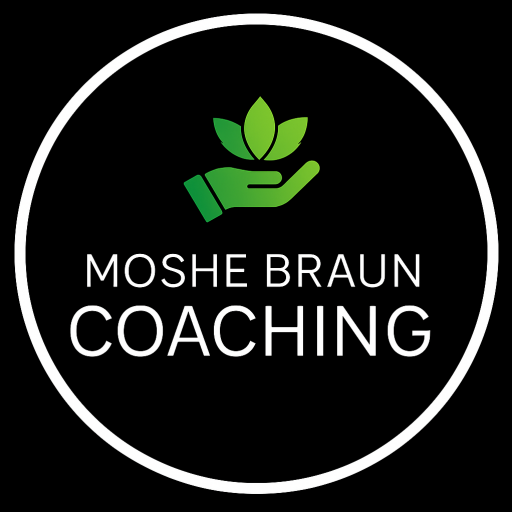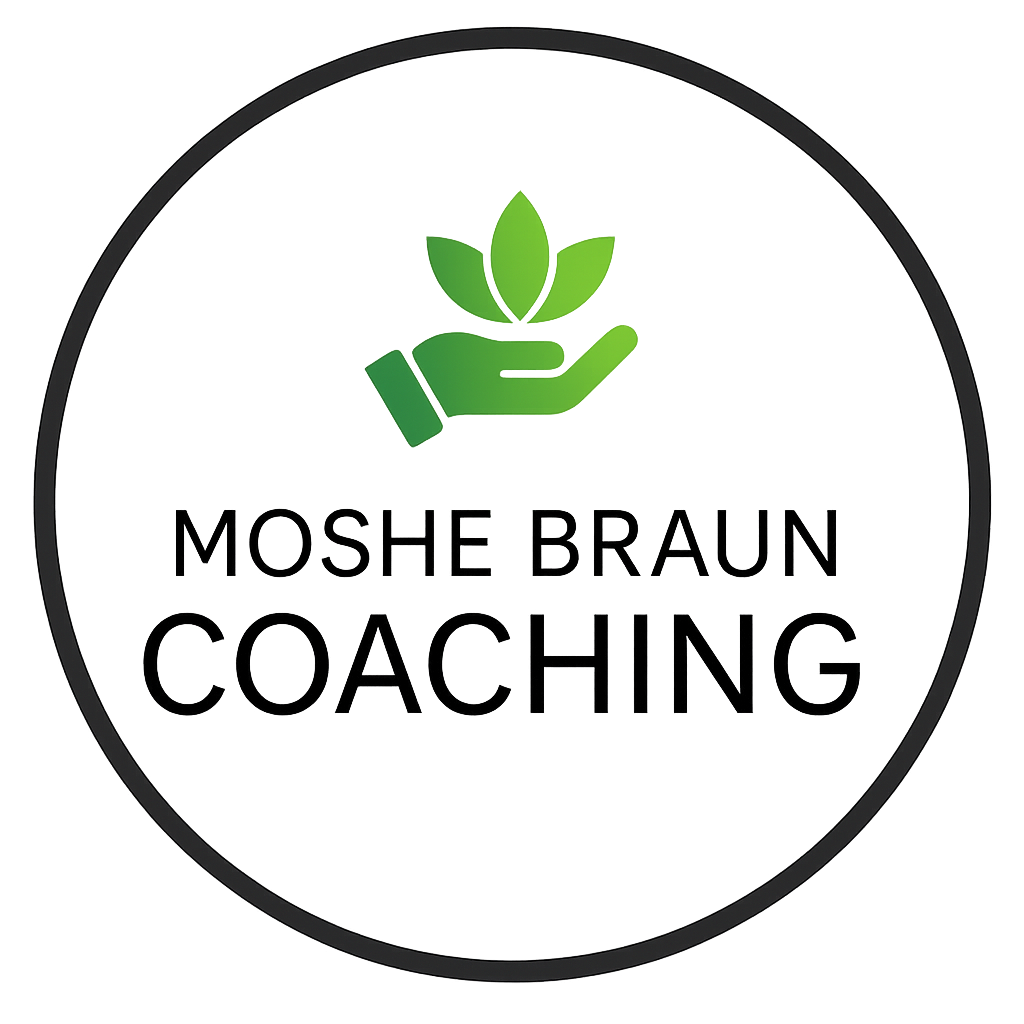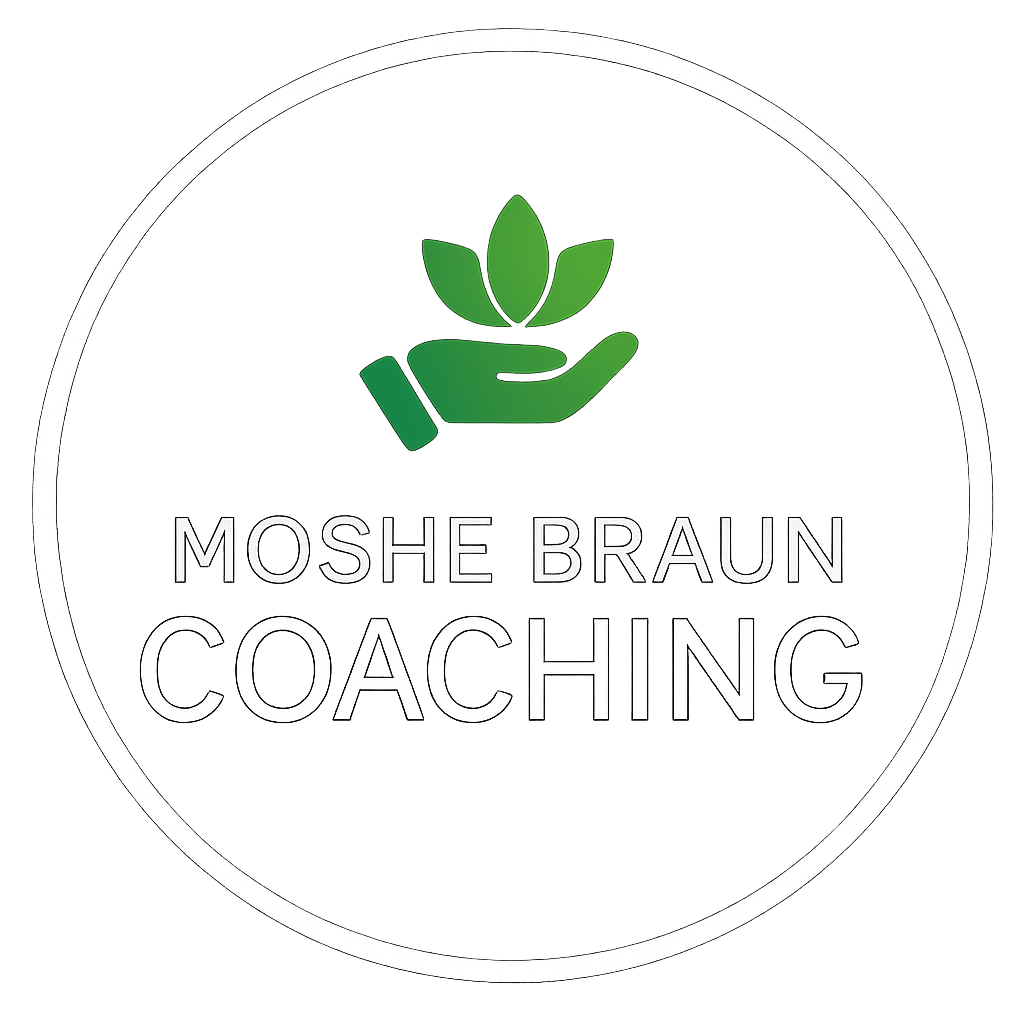
Our Services
Your coaching will be confidential and catered specifically to your exact needs. Our training enables us to offer various approaches allowing individualized coaching plans for your specific needs.
Who We Work With?
Teenagers
Adults
Couples
Families
What We Work With?
Anxiety
Anger
Bereavement
Depression
Identity
OCD
Panic Attacks
PTSD
Suicidality
Phobias
Self Esteem
Sexuality
Stress
Why?
Clients come to our coaching program after repeatedly observing disturbing patterns in their life or relationships. Some have had multiple failed projects or relationships, date the same guys or repeat the same errors over and over, have difficulty opening up and trusting, or are attracted to emotionally unavailable partners and can’t understand why.
Our early attachment experiences with our parents or caregivers shape our attachment style as adults and how we interact in romantic relationships. Understanding yourself and your attachment style can have a profound impact on your ability to form and maintain meaningful romantic relationships.
Attachment theory distinguishes between different attachment styles depending on how we were cared for as children. In short, the way you grew up and the relationships you formed in your childhood – especially with your caregivers – play an important role in your adult relationships.
Coaching Benefits for Individuals
Individual coaching is a one-on-one process between a client and a trained coach. It provides a safe, confidential space to explore emotional challenges, develop self-awareness, and create meaningful change in your life. Whether you’re coping with anxiety, depression, trauma, or relationship issues—or simply seeking personal growth—individual coaching can be a powerful tool for healing and transformation.
1. Emotional Support and Validation
Coaching offers a judgment-free space where you can talk openly about your thoughts, feelings, and experiences. A skilled coach listens with empathy and helps you feel heard, understood, and validated, which can be especially healing if you’ve felt alone or unsupported.
2. Increased Self-Awareness
Through coaching, you gain insight into your patterns, behaviors, and beliefs—including those that may be unconscious or self-sabotaging. Greater self-awareness can lead to more intentional decision-making and deeper understanding of yourself and others.
3. Effective Coping Skills
Coaches help you develop healthy tools to manage stress, anxiety, depression, grief, trauma, or anger. You’ll learn coping techniques that are tailored to your unique needs, such as mindfulness, emotional regulation, grounding exercises, or boundary-setting.
4. Improved Relationships
Individual coaching can improve how you relate to others by strengthening your communication, empathy, conflict resolution, and attachment patterns. It can also help you explore relationship dynamics, heal from breakups or betrayals, and set clearer boundaries.
5. Support Through Life Transitions
Coaching can guide you through challenging transitions like:
-
Grief and loss
-
Divorce or separation
-
Career changes or burnout
-
Identity exploration (cultural, gender, sexual, spiritual)
-
Parenting or caregiving challenges
Having consistent support during these periods can reduce overwhelm and increase resilience.
6. Healing from Trauma and Abuse
Therapists and coaches trained in trauma-informed care can help you process past trauma safely, reduce flashbacks or triggers, and work through the emotional and physical impacts of abuse or neglect. You can begin to reclaim a sense of safety and agency in your life.
7. Clarity and Decision-Making
When faced with confusion or indecision, coaching offers a neutral, reflective space to sort through your thoughts, weigh options, and align your actions with your values. It helps you feel more grounded in your choices.
8. Increased Self-Compassion and Confidence
As you work through self-criticism, shame, or doubt, coaching can help you develop a more compassionate inner voice. With time, clients often report feeling more confident, empowered, and authentic in their personal and professional lives.
9. Personalized Support
Unlike one-size-fits-all advice, individual coaching is tailored to your specific history, goals, and personality. You and your coach co-create the pace, focus, and structure of the program, ensuring it meets you where you are.
Effects of Couples Coaching
If you are facing difficulties in your relationship, remember that it is not necessarily an indication that your connection is irreparable. Transitioning to a partnership often leads to exchanging one set of issues for another. Our early experiences shape our notions about love and relationships, causing us to unconsciously seek out partners who evoke the same feelings of disappointment that we experienced with our caregivers. This means that even if you choose to end your current relationship, there is a high likelihood that you will encounter similar patterns with future partners if you don’t address the underlying issues.
Why an expert?
When your car breaks down, you don’t try to fix it yourself because you lack the necessary training. Instead, you take it to professionals who have the expertise to diagnose and fix the specific issue with your vehicle. Just because you’ve been driving for years doesn’t mean you possess the skills to repair it. Similarly, being in a long-term relationship doesn’t automatically grant you the training and knowledge to identify and address the problems you’re facing. Sometimes, our emotional investment in the outcome makes it difficult to see the solution. At Moshe Braun Coaching, we are here to assist you in getting back on track.



